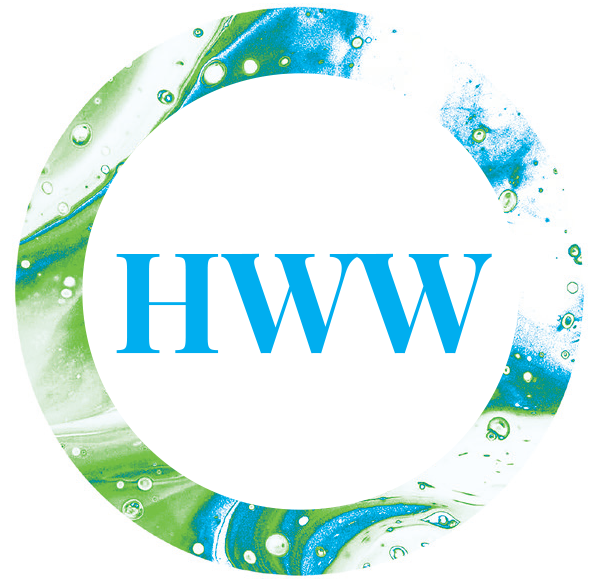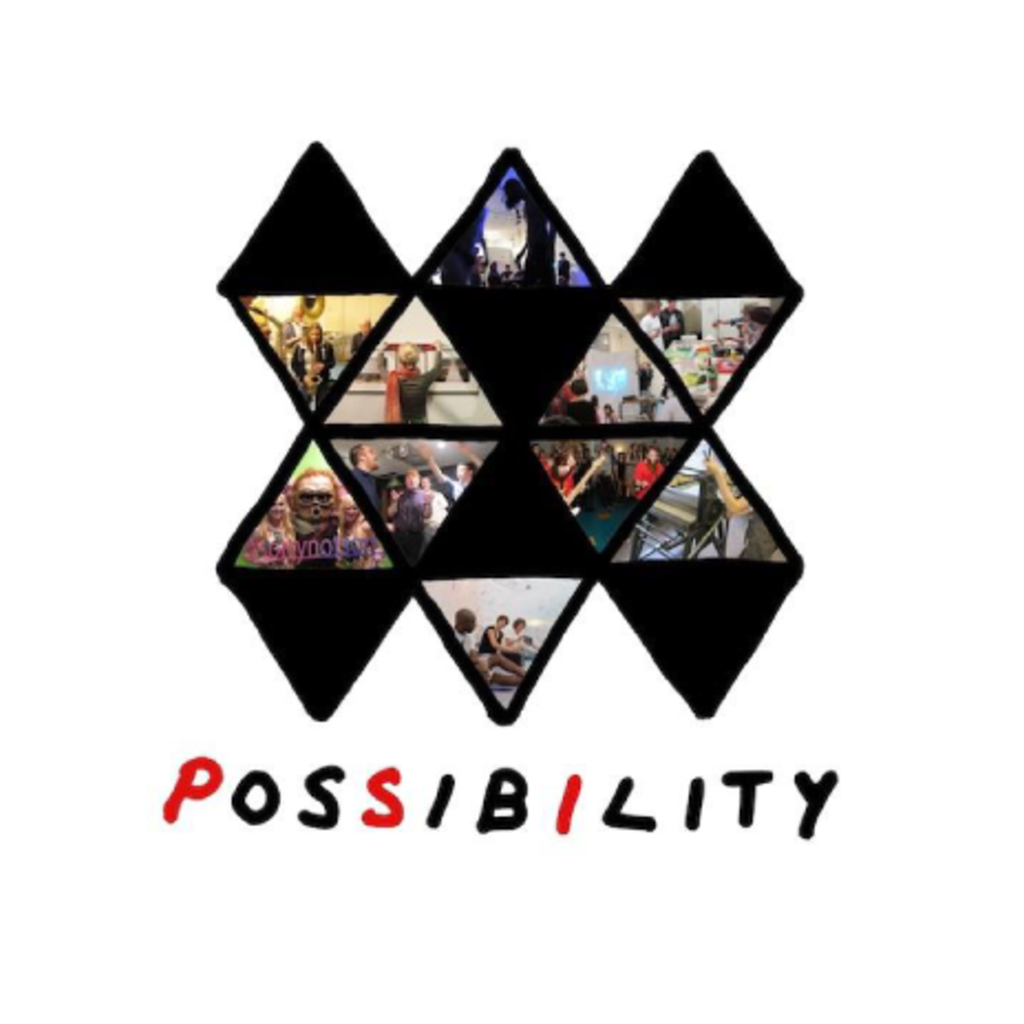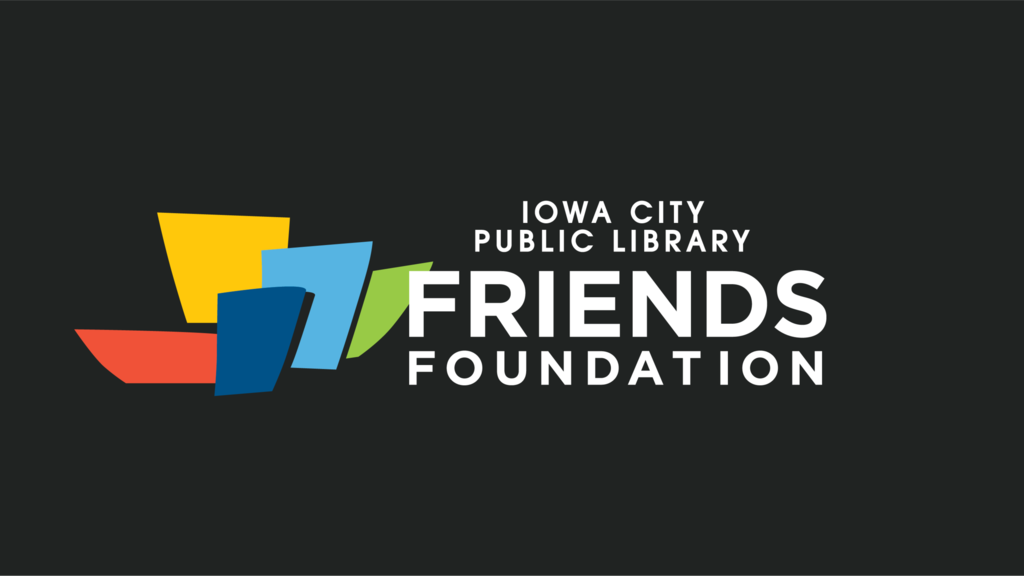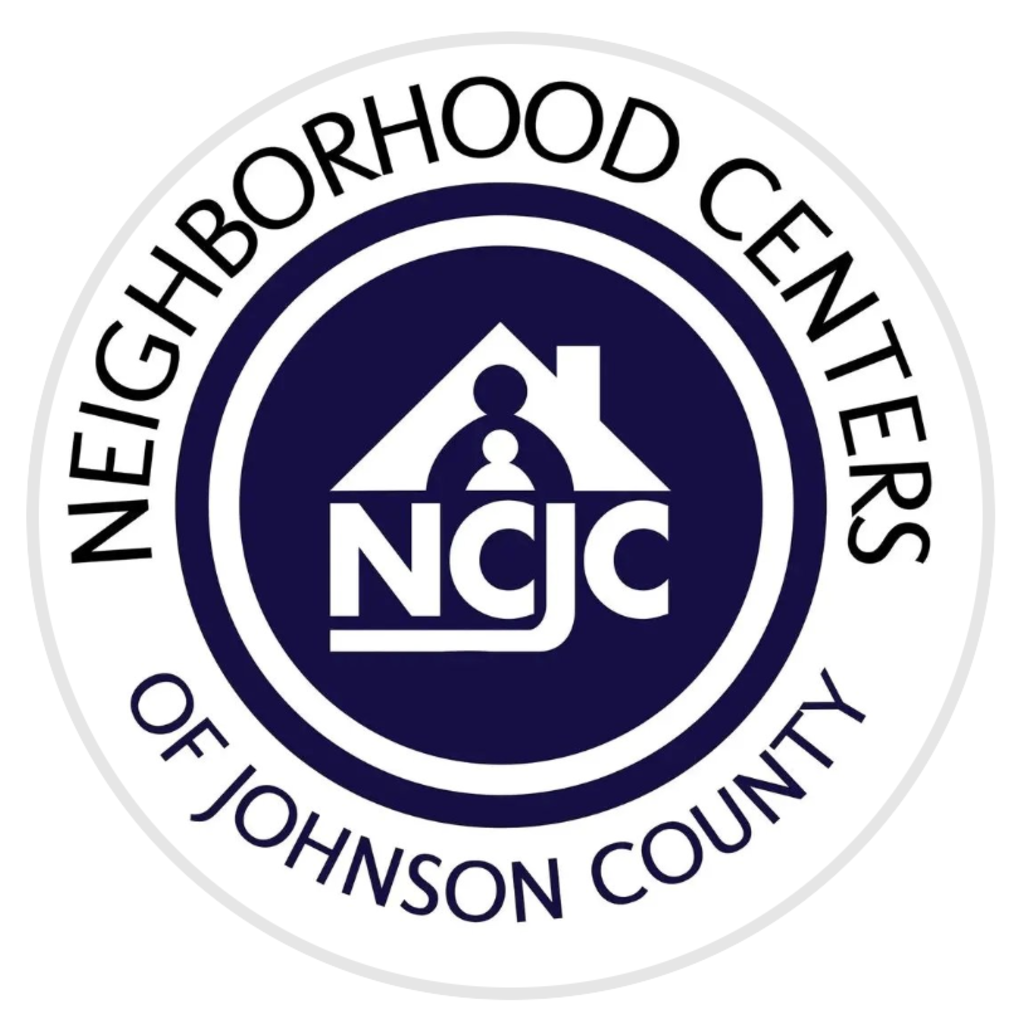Spacer

Obermann Humanities Without Walls Faculty Externship on Graduate Career Diversity: Summer 2024
Applications are due by May 15, 2024.
The orientation meeting is on June 3, 2024.
We present this program with thanks to Antoinette Burton, Professor and Director of the University of Illinois Urbana Champaign Institute for Humanities Research and P.I. for the Humanities Without Walls Consortium, generously funded by the Mellon Foundation.
This program is co-sponsored by the UI College of Liberal Arts and Sciences, the Graduate College, and the Office of Community Engagement.
Program CFP
For a decade, many faculty members in the humanities have struggled to support graduate students who express interest in careers other than being a professor. We send them to the brilliant career experts in the Graduate College; we introduce them to alumni with fascinating careers. But what have those of us who are faculty, as faculty, done to educate ourselves about the world of work beyond the classroom? What do we know about “adjacent” careers?
This Mellon-funded summer program offers humanities faculty members and experts from one large career sector—nonprofits—to explore potential connections. During the past five years, the Obermann Center has hosted nearly 50 graduate internships. One thing we’ve learned is that humanities graduate students are often deeply drawn to nonprofits. Careers in this sector resonate strongly with graduate students’ values. Nonprofits are spaces where the mindsets and skills of the humanities align with nonprofit needs. For example, humanities student excel at asking illuminating questions, synthesizing complex ideas, conducting rigorous research, writing with clarity and awareness of the needs of varied audiences, teaching, facilitating, managing projects, and collaborating thoughtfully.
Thanks to generous funding from the Mellon Humanities Without Walls Consortium housed at the University of Illinois Urbana-Champaign, we are offering up to 10 faculty members a chance to participate in an externship. Unlike an internship, which might include full-time work doing a project for a host organization, an externship is a short-term professional learning experience: “externships tend to involve shadowing a mentor in a company or organization to better understand what they do and what the field involves” (Handshake). An externship might include conducting informational interviews, attending staff meetings, participating in a small project (such as volunteering for one or two events), and learning about the skills, activities, and work experience valued by the organization.
Mutual Benefits
We hope this externship program will benefit both academic and nonprofit participants. On one hand, faculty participants will be better able to encourage and support graduate students who wish to prepare for diverse careers. They will gain an understanding of the skills, interests, vocabulary, and mindsets valued in nonprofit workplaces. On the other hand, nonprofit participants will gain new ambassadors and a deeper understanding of what humanities graduates offer as future employees. We hope they will gain understanding of the unique strengths of future employees from the humanities.
In addition, we hope this summer program will help participants—
- To form a learning community of graduate faculty who are interested in supporting graduate students interested in diverse career opportunities.
- To form that learning community with expertise shared by nonprofit leaders.
- To support students who want to explore diverse careers with confidence and clarity.
- To better understand connections between what students are already learning in their classes and the skills needed for nonprofit work.
- To create assignments that overtly connect class topics and practices with issues, practices, and needs at nonprofits while also deepening students’ engagement with course topics and materials.
- Potentially, for faculty to design (or co-design with partners) experiential assignments or graduate humanities labs in collaboration with nonprofits (in collaboration with the UI Office of Community Engagement).
- To share what faculty learn with their departments along with recommendations.
We hope this externship will be one excellent starting place for faculty members who are serious about helping our graduate students prepare for diverse career opportunities.
Faculty will receive a $1,000 taxable stipend to be paid in December once they have completed the requirements (Note that this payment is contingent on the faculty member’s UI appointment allowing special compensation payments). Partner organizations will receive $3,000 for the externship mentor who works closely with one-three faculty members.
Eligibility
- University of Iowa faculty members who teach graduate courses in the humanities or adjacent fields
Requirements for Faculty Participants
- Attend the June 3 orientation, where
- faculty members will meet others in their learning community;
- faculty and nonprofit leaders will learn about each other’s work; and
- faculty and nonprofit mentors will map out how they will work together this summer.
- For example, a faculty member might plan to meet with members of the staff, to participate in some of their staff meetings, to volunteer at their public activities, to learn about opportunities for your graduate students to volunteer or intern with the program, and to learn how the organization has worked with courses or students, especially graduate students, in the past (for example Obermann interns have helped organizations write grants, organize programming, etc.).
- Complete an MOU
- Within a week of the orientation, nonprofit hosts and faculty members will complete a one-page MOU that clarifies expectations on both sides. We ask that you share a copy with Obermann Assistant Director Lauren Cox (lauren-cox@uiowa.edu). (We’ll share an MOU contract form you can use to map out the following details.)
- The MOU should cover the following:
- What do you hope to accomplish? How will this experience benefit BOTH of you and your institutions?
- How will you communicate this summer (Email? Text? Phone calls?)?
- How many times will you meet over the summer and with whom?
- Whom should faculty member interview to learn about the nature and needs of different careers in the organization?
- What events will the organization hold this summer where faculty participation would be valuable to the organization?
- Given summer plans, when will mentors and faculty be unavailable?
- How will you address problems or frustrations that arise?
- Conduct informational interviews (20 to 30 minutes is fine). We’ll provide a guide to informational interviews you can use.
- Interview 1: Fishbowl interview at orientation with nonprofit leaders.
- Interview 2: Interview with a leader at nonprofit about careers in their field.
- Interview 3: Interview with a PhD alum from your department who has a meaningful career outside the professoriate.
- Perform a mid-summer check-in.
- Meet to discuss what you’re learning, what’s working well, and what you’d like to accomplish in the second half of the externship.
- Attend a final gathering to reflect and share.
- This will be a final meeting with your cohort in early fall to reflect on what you’ve learned.
- Reflections on ways you might use new assignments or pedagogical approaches to help students grasp the value of their research, writing, and teaching skills as preparation for a range of careers.
- A summary of the report you will give at an early fall department meeting on your experience and your recommendations for expanding preparation for diverse careers.
- Submit a report to your department in Fall 2024, stating
- how your department could introduce students to the ways their graduate training could be adapted to varied careers and
- ways to include the teaching of skills, forms of writing, etc. in graduate courses that would enhance careers in academe and in other sectors.
Stipend
Faculty will receive a $1,000 taxable stipend to be paid in December once they have completed the requirements (Note that this payment is contingent on the faculty member’s UI appointment allowing special compensation payments). Partner organizations will receive $3,000 for the externship mentor who works closely with one-three faculty members.
How to Apply
- Complete this cover sheet.
- Submit a letter that covers the following topics in no more than two pages:
- Why you’re interested in participating in this program.
- How you support graduate education in your department (such as courses you teach, your graduate advising responsibilities, and/or other ways you support graduate students).
- What key topics, methods, or research questions you address in your classes.
- If you have collaborated with a community partner on your research or teaching.
- If you have previous training or experiences that have suggested ways to support students pursuing graduate studies as a path to a career other than being a professor.
- Anything else you would like for us to know.
- Email the cover sheet and letter as a single PDF to obermann-center@uiowa.edu.
- Ask your department chair to email us their approval. Chairs may simply cut and paste the following statement and email it to obermann-center@uiowa.edu.
I ____________ , Chair/Director of ________________(unit), approve Professor ___________’s application for the Humanities Without Walls summer 2024 Externship program.
I understand that one requirement of the grant is that faculty members will discuss their experience and recommendations at a fall faculty meeting and am happy to schedule a time for this conversation.
Signed,
_________________________________________________
Externship Partners

Public Space One
Public Space One (PS1) is a nonprofit arts organization in Iowa City that offers the community space for public events like readings, screenings, and workshops. PS1 is made up of a performance venue, gallery, kitchen, artist studios, zine distro, and community printmaking shop, also known as Iowa City Press Co-op. PS1 also offers exhibitions, printmaking, art workshops, artist residencies, DIY music venue, public art, and artist resources.

The Iowa City Public Library Friends Foundation
The mission of the Iowa City Public Library Friends Foundation is to strengthen the Iowa City Public Library through fundraising, advocacy, and promotion of its valuable resources.

Neighborhood Centers of Johnson County
Neighborhood Centers of Johnson County is dedicated to building a better future for people in low-income neighborhoods through programs that educate, foster self-esteem, strengthen families, and create a sense of community. We are a community-based, family-centered, human services agency serving Johnson County, Iowa, since 1973. We operate two community centers in Iowa City and provide outreach and programing to an additional five targeted neighborhoods and a dozen schools. Our programs and activities reach over 400 children/youth and 200 adults each day.